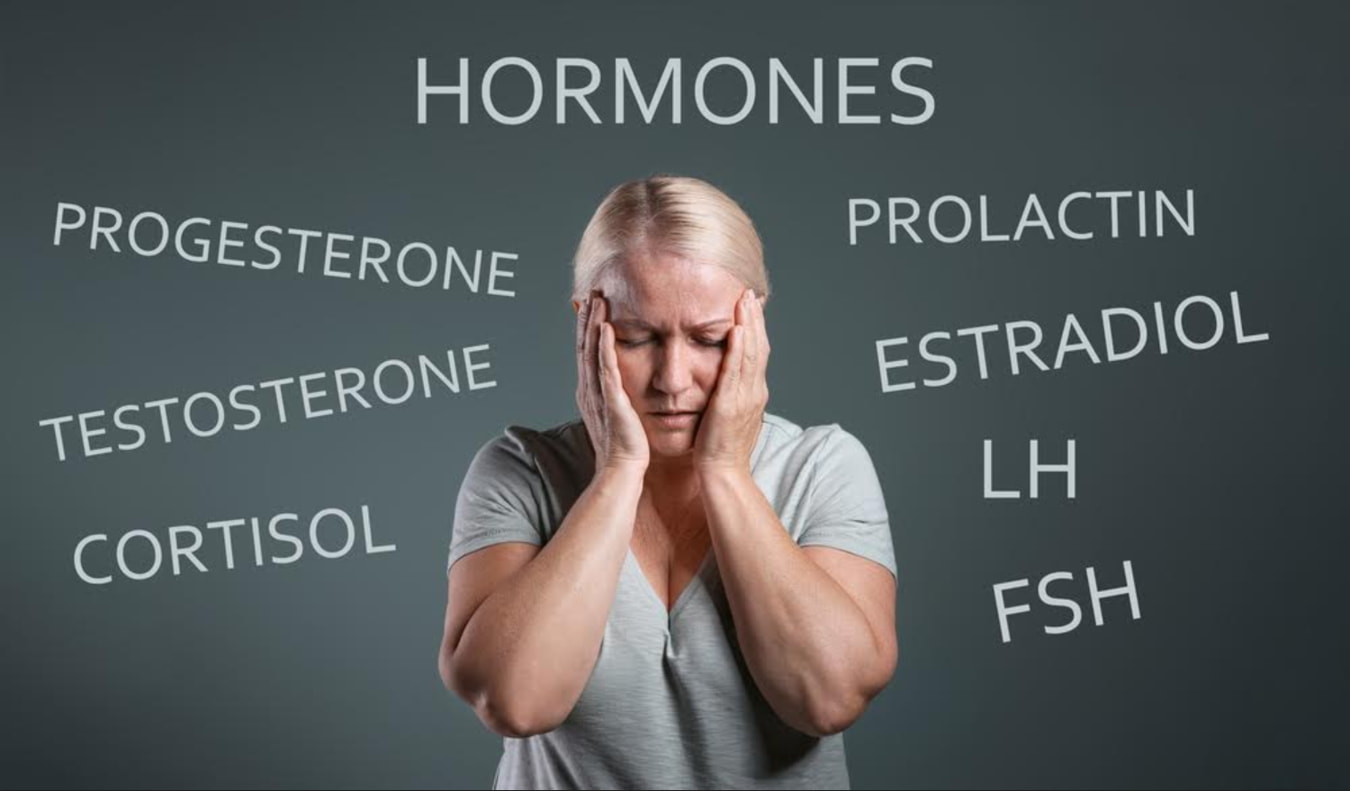Hormones influence a lot of aspects of the human body and the mind. From mood swings to weight gain, hormones play significant roles in these all. This is why, when hormones fall out of balance, it can lead to a variety of health issues. Tennessee Men’s Clinic explains the role of diet in hormonal imbalance and its treatment.
Understanding Hormonal Imbalance
Hormonal imbalance occurs when there is too much or too little of a hormone in the bloodstream. Even the slightest changes in hormone levels can affect the entire body. Common symptoms of hormonal imbalance include fatigue, weight gain or loss, mood swings, irregular menstrual cycles, and skin issues.
Does Eating Habit Affect Hormone Levels?
Eating habits can profoundly impact hormone levels. Human bodies require a variety of nutrients for proper hormonal discharge. Poor eating choices can disrupt this delicate balance. Often it leads to hormonal imbalances. Here are a few ways diet affects hormones:
- Nutrient Deficiencies: Lack of essential vitamins and minerals can impair hormone production.
- High Sugar Levels: High sugar intake can lead to hormonal imbalance.
- Fat Intake: Too much fat intake can affect hormones significantly.
Managing Hormonal Imbalance with Proper Diet
If you want to manage your hormonal imbalance, you need to change your diet. Without proper eating habits, you are not going to successfully manage hormone levels.
- Proteins: You need to eat proteins for hormone production. Try to include lean meats, fish, beans, and legumes.
- Healthy Fats: Avocados, nuts, seeds, and olive oil help in maintaining healthy hormone levels.
- Magnesium: Leafy greens, nuts, and seeds help in regulating hormone levels.
- Vitamin D: Important for thyroid function and found in fatty fish, fortified foods, and sunlight exposure.
- B Vitamins: Crucial for energy production and found in whole grains, meat, and eggs.
What To Avoid?
To amplify your hormonal imbalance treatments, you need to avoid anything that can lead to hormonal disruption.
- Reduce Sugar Intake: High sugar levels can lead to inflammation and hormonal imbalance.
- Limit Processed Foods: They often contain additives and preservatives that can disrupt hormone balance.
- Choose Organic: Whenever possible, opt for organic produce to avoid pesticides that can act as endocrine disruptors.
Pay Attention To Gut Health
Your gut plays a significant role in keeping you healthy. To manage hormonal imbalance, you need to keep your gut healthy and happy.
- Probiotics and Prebiotics: Fiber-rich foods like vegetables can improve your gut health. Try to include yogurt in your diet for a better health condition.
- Hydration: Drink plenty of water to support your bodily functions, including hormone regulation.
When to Speak to an Expert
Dietary changes can significantly impact hormonal health. However, it is crucial to know when to seek professional help. If you experience continuous symptoms of hormonal imbalance, such as severe fatigue, unexplained weight changes, or irregular menstrual cycles, you should speak to an expert.
Proper diet is crucial for health says experts at Tennessee Men’s Clinic. If you want to lead a healthy life and treat hormonal imbalances easily, you need to adhere to a balanced diet. However, always remember the importance of professional guidance when dealing with complex health issues.


